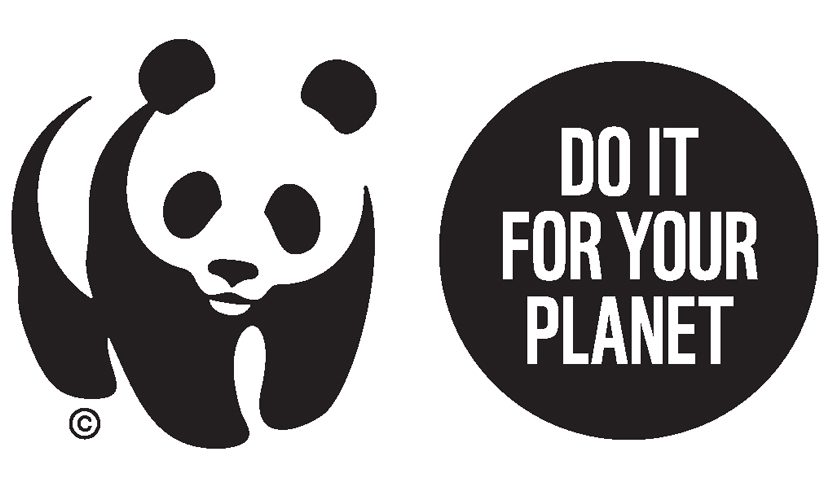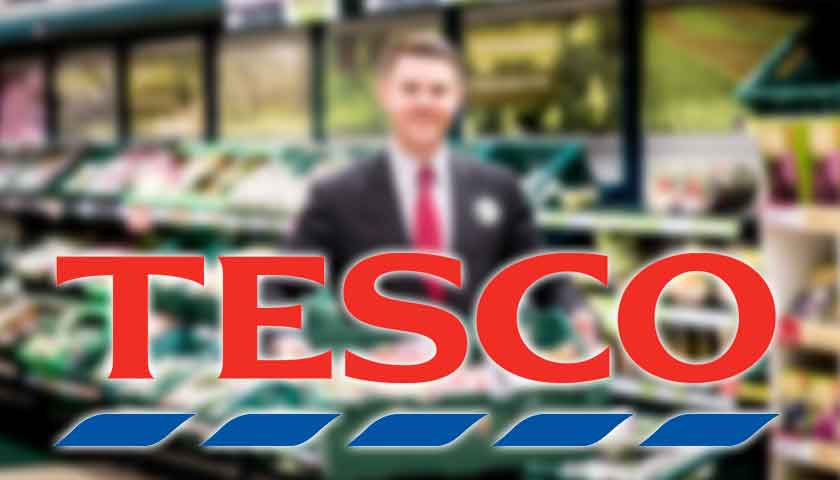The World Wildlife Fund’s (WWF) Forests Forward program recently welcomed two new participants: Procter & Gamble and Sylvamo. Forests Forward, launched in 2021, engages companies and other stakeholders around the world to deliver effective nature-based strategies for forests that help achieve their business and sustainability goals. Working together, WWF and participating businesses aim to realize meaningful, long-term benefits for nature, climate and people. Companies in Forests Forward also gain a better understanding of how to mitigate sourcing, climate and social risks while demonstrating leadership and building resilient supply chains for…
Read MoreTag: WWF
Colombia, WWF and Partners Announce $245M Agreement to Permanently Protect Vital Systems of Nation’s Protected Areas
The Government of Colombia, with a broad coalition of community, public sector, and private sector partners, demonstrated their commitment to long-term conservation in Colombia by signing a joint declaration to launch a new Project Finance for Permanence (PFP) initiative called Heritage Colombia (or Herencia Colombia in Spanish), which secures $245 million USD of public and private finance to permanently protect 32 million hectares of iconic Colombian landscapes and seascapes. This initiative will facilitate significant progress toward Colombia’s 30X30 target to protect 30% of its land and 30% of its seas…
Read MoreTesco and WWF announce winners of innovation accelerator programme
Tesco and WWF have announced the five start-ups that have won funding and the chance to test and scale their innovation in Tesco’s supply chain to help cut the environmental impact of the average shopping basket and support a resilient and sustainable UK food system. Innovation Connections is a new accelerator programme created by Tesco and WWF which pairs pioneering start-ups with Tesco suppliers to fast-track innovation in the supply chain. In the final on 6 May, a group of finalists pitched head-to-head in front of a panel of experts…
Read MoreFirst-of-its-kind Index Measures the Connectedness of Nature
New research published recently in Science maps how animals move between the world’s land-based protected areas for the first time and introduces a new index that measures how connected each of the world’s protected areas (PAs) are, called the Protected Area Isolation index (PAI). The connectedness of nature, known as ecological connectivity, is fundamental to animal movement between habitats. Connected habitats allow species to move across landscapes to find food and water, mate effectively to maintain genetic diversity and healthy wildlife populations, and adapt to the impacts of climate change. “We’ve…
Read MoreWWF Releases New Position: Chemical Recycling Implementation Principles
As part of the No Plastic in Nature vision, World Wildlife Fund (WWF) released Chemical Recycling Implementation Principles. These principles aim to help decision makers determine if and how chemical recycling—an emerging technology with unknown environmental and social outcomes—should be pursued as a plastic waste mitigation tactic. Alix Grabowski, director of plastic and material science at WWF said: “Even as technologies advance, we can’t recycle our way out of the growing plastic waste crisis. Instead of just focusing on recycling, we should prioritize strategies like reducing our overall single-use plastic…
Read More
